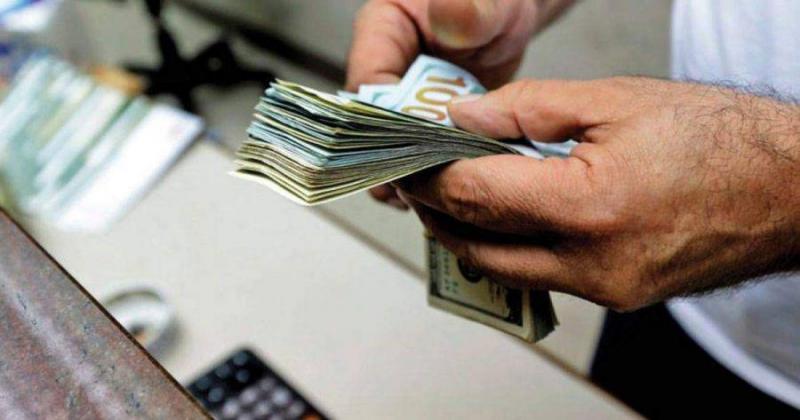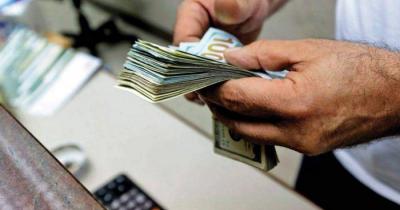The per capita income of Lebanese citizens has declined to levels approaching poverty for the first time in 25 years due to the financial, economic, and living crisis plaguing the country. This situation prompted the World Bank to classify Lebanon as a "Lower-Middle-Income Country," having previously been categorized as an "Upper-Middle-Income Country." The World Bank classifies global economies into four income groups: low, lower-middle, upper-middle, and high income. This year, Lebanon was placed in the "Lower-Middle-Income Country" category, which is the third rank in the index, preceding the low-income category.
In its classification released at the beginning of this month, the World Bank indicated that "for the eleventh consecutive year, the real GDP per capita in Lebanon declined in 2021, and the country also witnessed a sharp drop in exchange rates." Factors such as economic growth, inflation, exchange rates, and population growth typically affect the level of per capita total national income. Financial sources noted that this classification is primarily due to a reduction in GDP from $55 billion annually in 2018 to $22 billion currently, highlighting in statements to "Asharq Al-Awsat" that the decline has reached 6 percent compared to last year; however, the significant drop occurred in 2020 when Lebanon defaulted on its sovereign debts in hard currency (Eurobonds), considering that default as a "serious turning point in Lebanon's financial indicators between recovery and collapse."
They stated, "It is natural for per capita income to decline with the drop in GDP," which has placed Lebanon among "countries leaning towards poverty." Field facts confirm the deterioration in the living conditions of citizens; traffic movement has decreased due to rising fuel prices, while the costs of fuel and electricity from the parallel grid are draining the financial capacities of Lebanese citizens. The value of salaries has dramatically declined, and most state-funded projects in sectors such as construction, energy, and development have ceased, reflecting on an economy that has primarily become reliant on private sector activity.
Sources indicated that a combination of factors prevented the indicator from deteriorating further into deeper levels of poverty, primarily driven by external cash flows, international aid designated for Syrian refugees and Palestinian refugees, along with the dynamic private sector that is characterized by vitality and adaptability to crises and emerging conditions. They stated that Lebanon "has witnessed growth in exports and local industries, which has mitigated the foreign exchange balance of payments deficit. Domestic industries, including food and chemical products such as cleaning supplies and medicines, have been able to cover part of foreign imports, some of which have diminished due to the inability of Lebanese citizens to spend."
The World Bank's tables indicate that the per capita share of Gross National Income in 2021 was $3,450, down from $5,510 in 2020. Classifications are updated every year on July 1, based on the per capita Gross National Income from the previous year (2021). The measures of Gross National Income are expressed in US dollars, and are determined using derived conversion factors according to the "Atlas" method.
Informed financial sources aware of the political movements negotiating with the International Monetary Fund (IMF) for a financial recovery plan believe that overcoming these indicators is not difficult, affirming in statements to "Asharq Al-Awsat" that Lebanon's problem "is political, and financial issues can be resolved if addressed politically," stating that "the opportunity exists to grasp the keys to growth if there is political will." The sources explained that "despite all the crises, Lebanon has not lost its opportunities, and it can elevate the index to higher rankings with international support," adding: "There is reliance on negotiations with the IMF to enhance investment confidence in the Lebanese economy and provide the eligibility for loans that contribute to growth, alongside the dynamism of the private sector." They noted that Lebanon's economy "is relatively small; it has deteriorated quickly, but recovery can also be swift."




